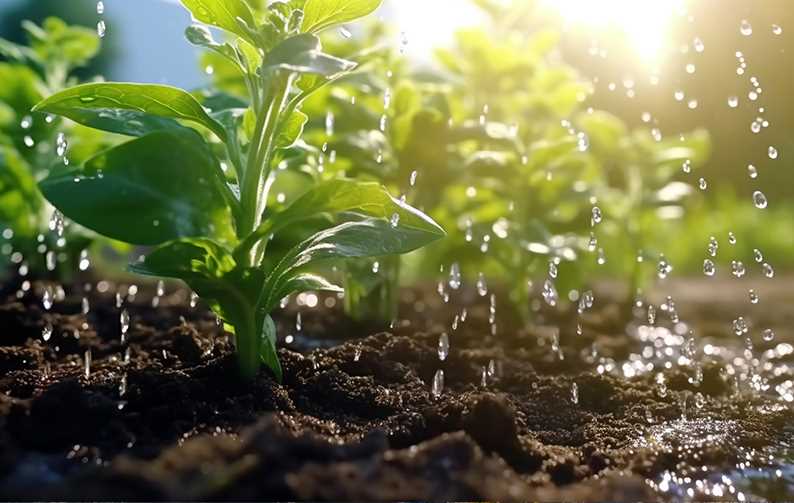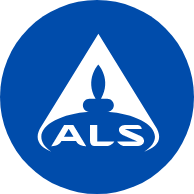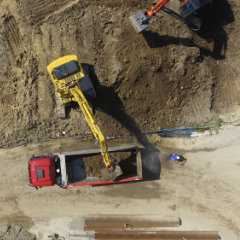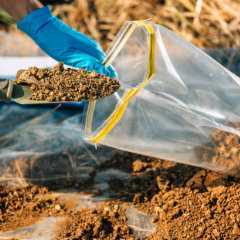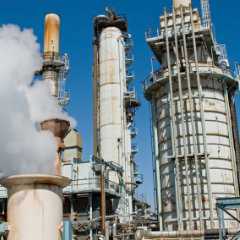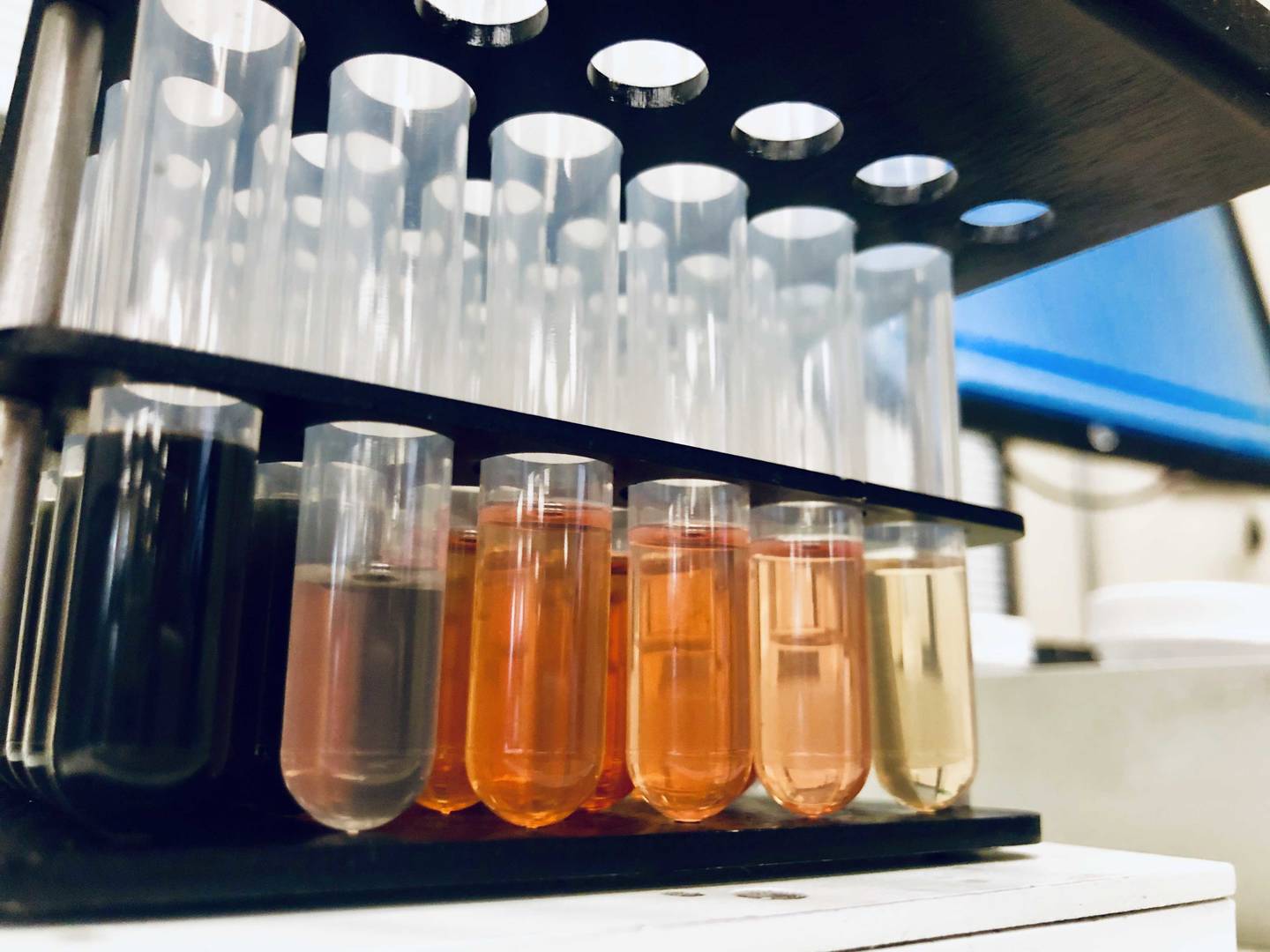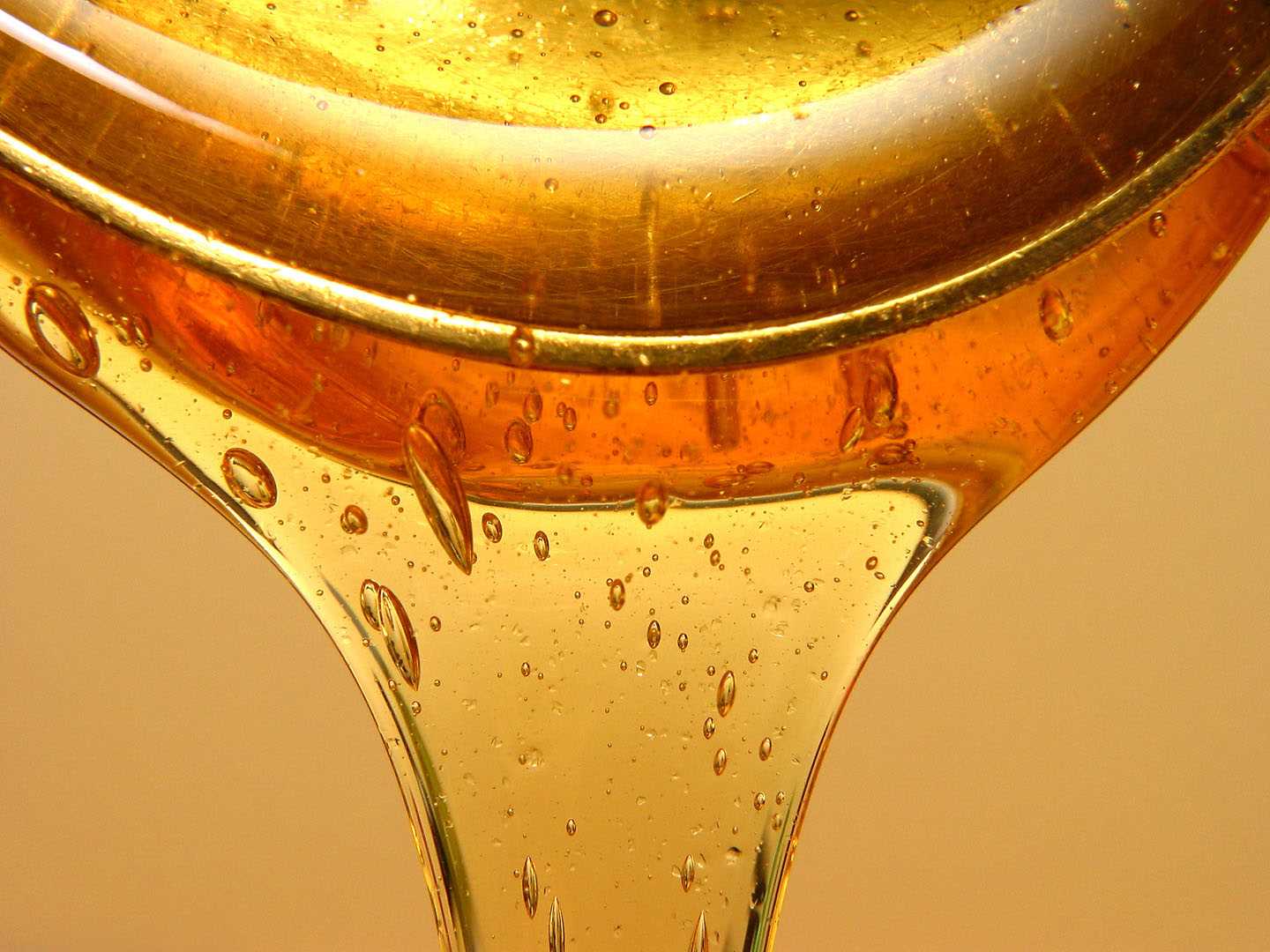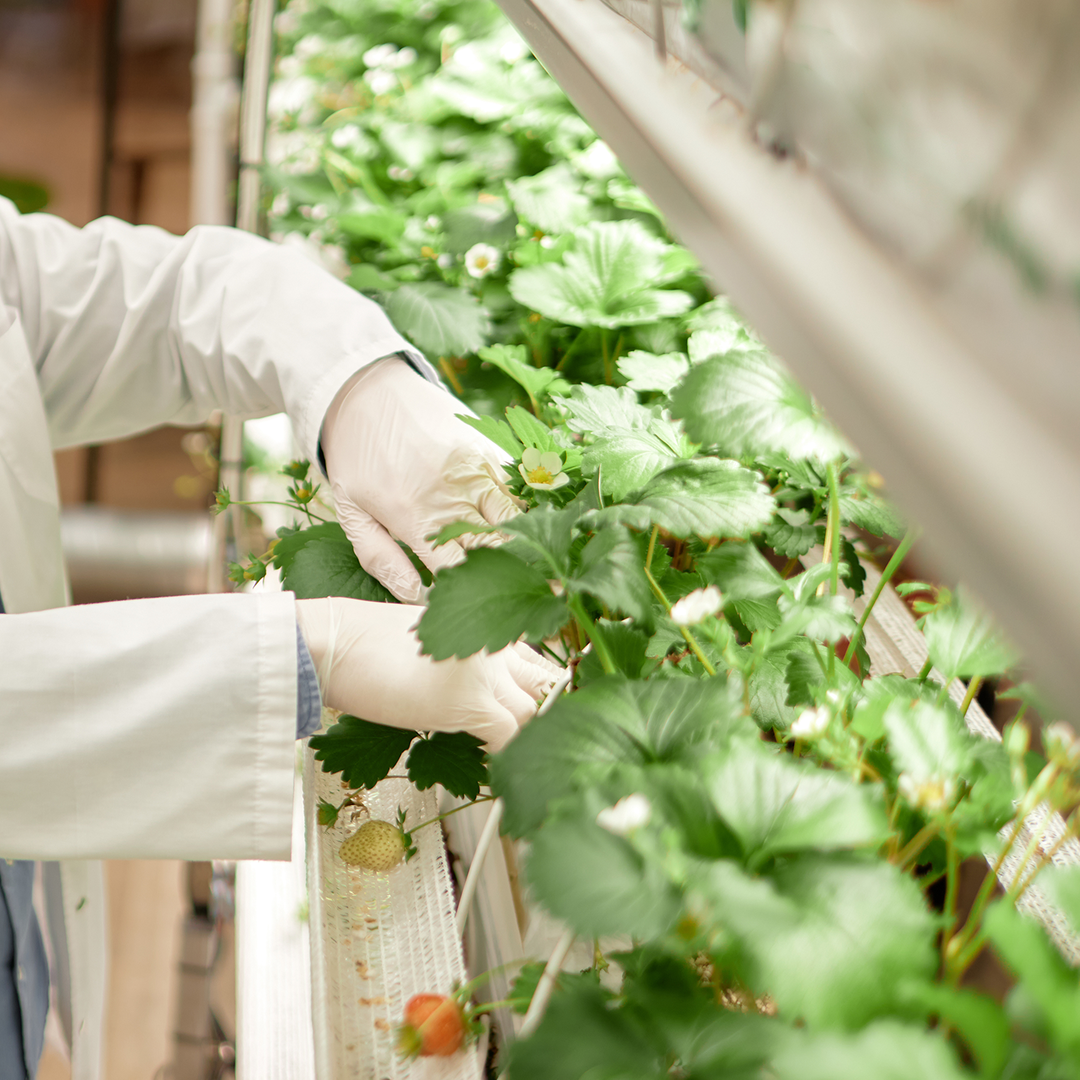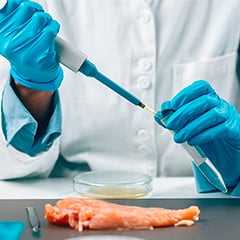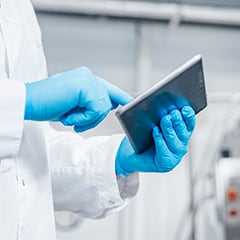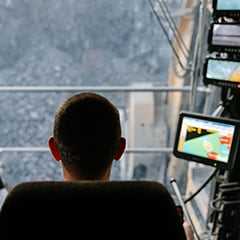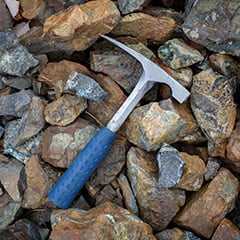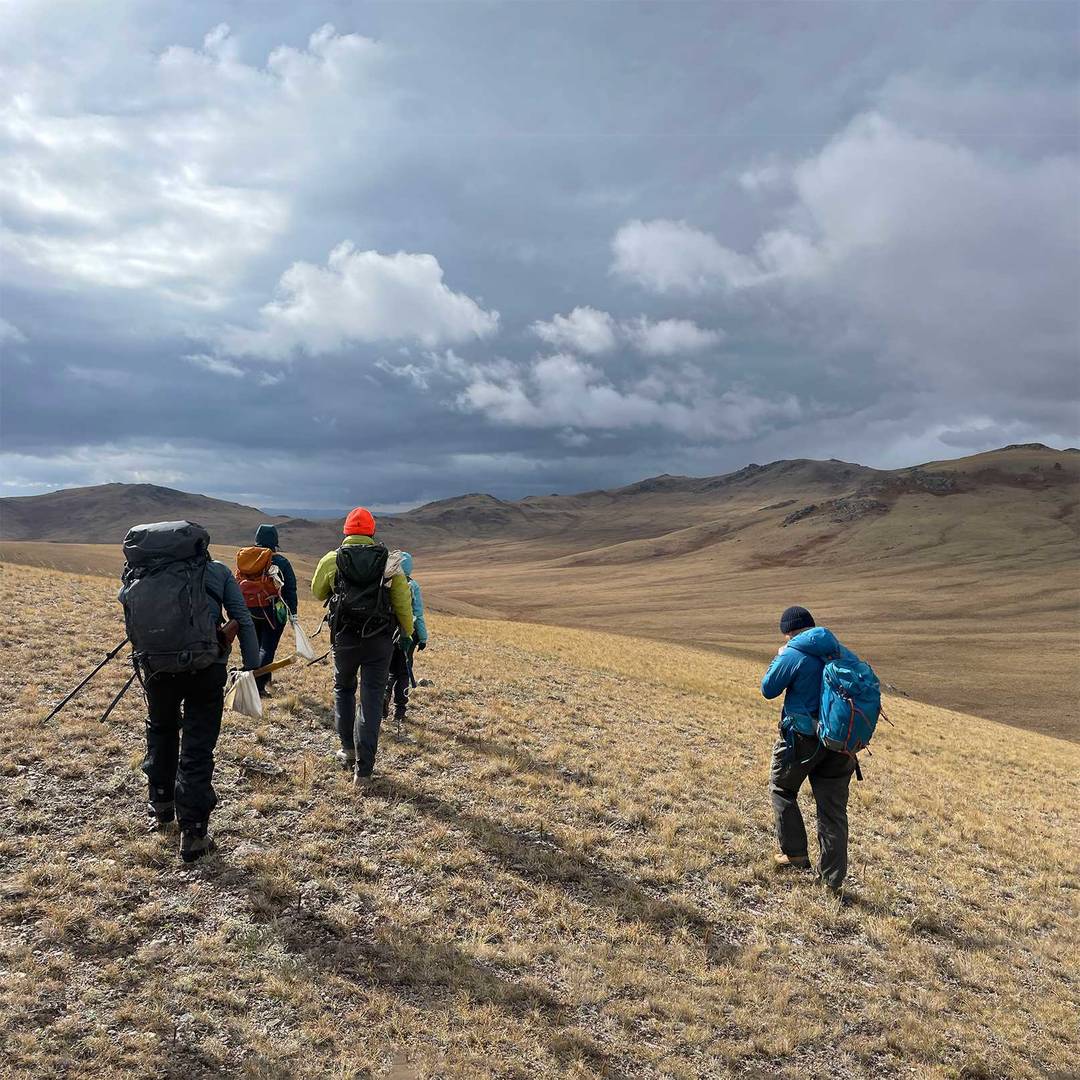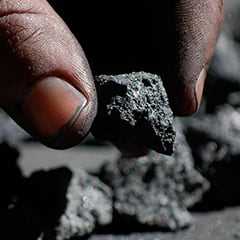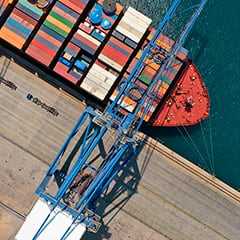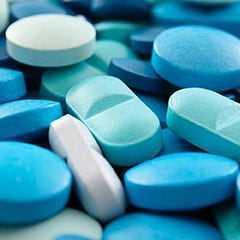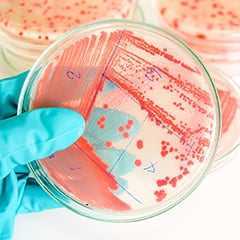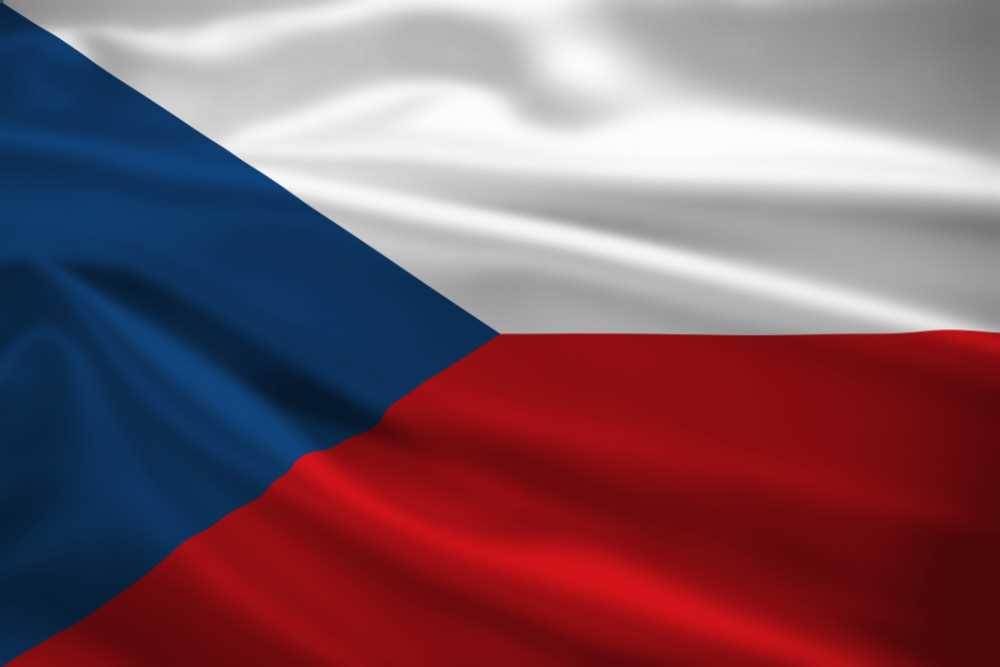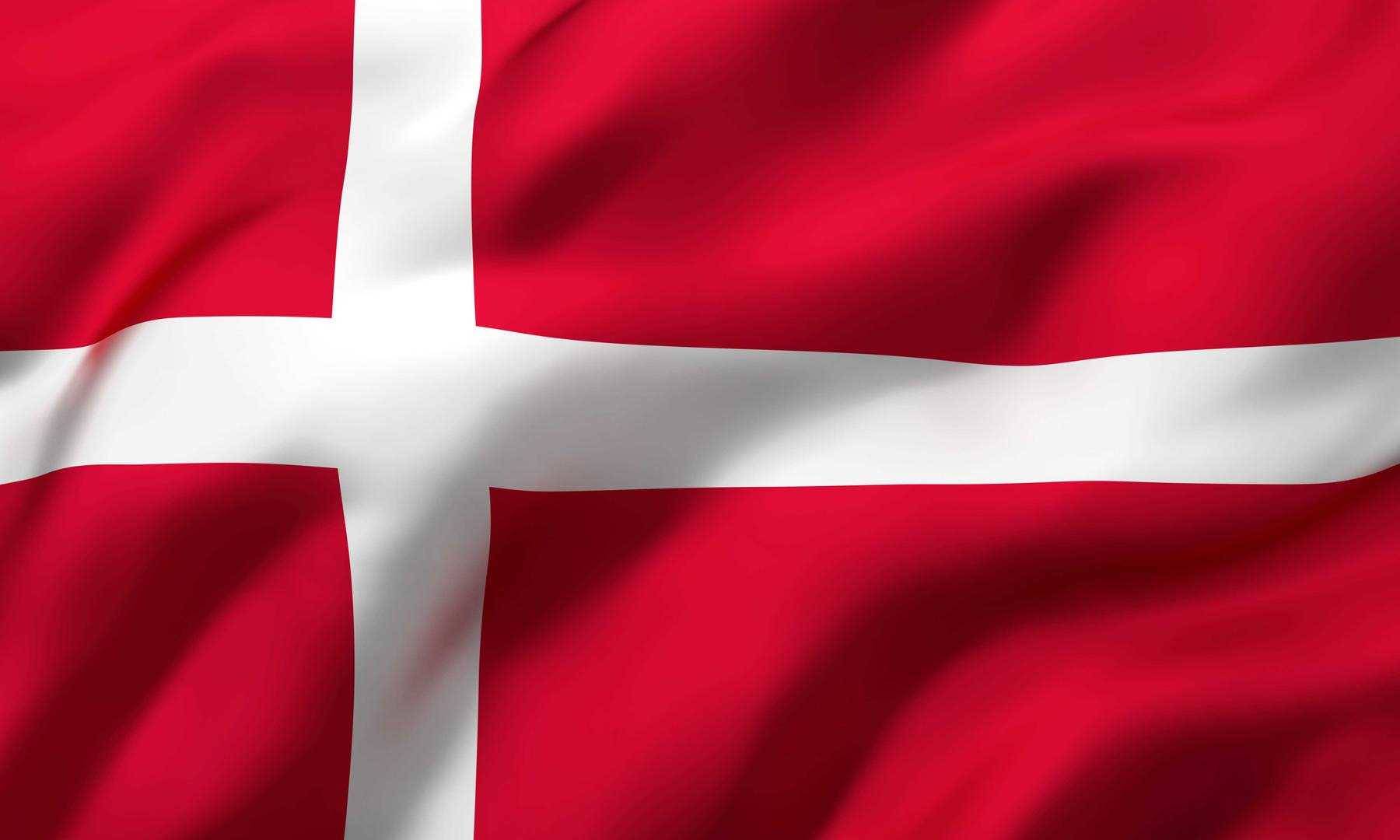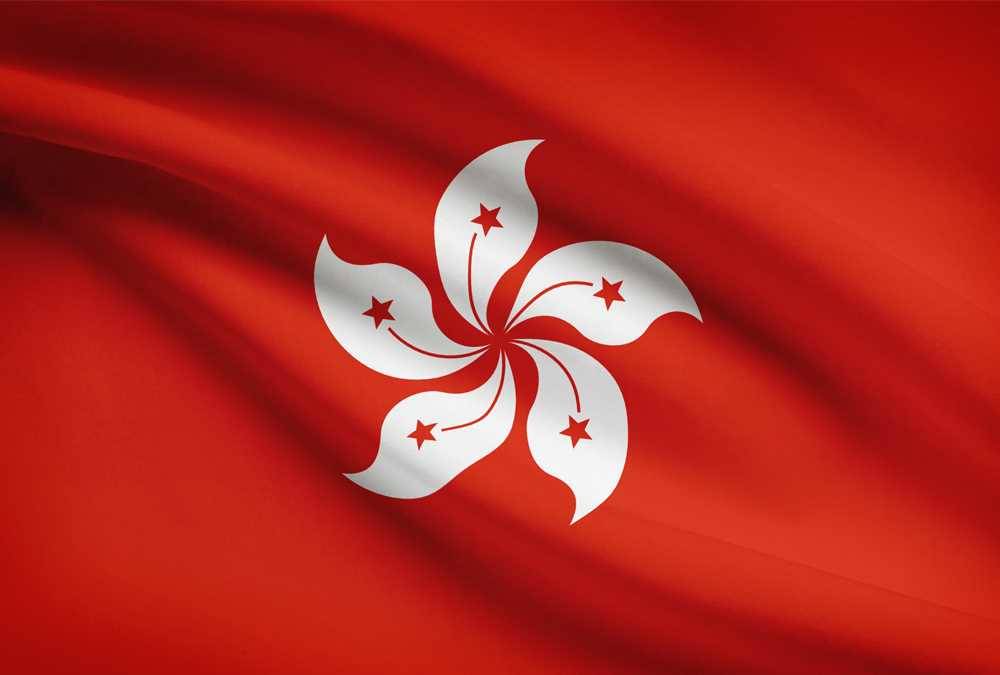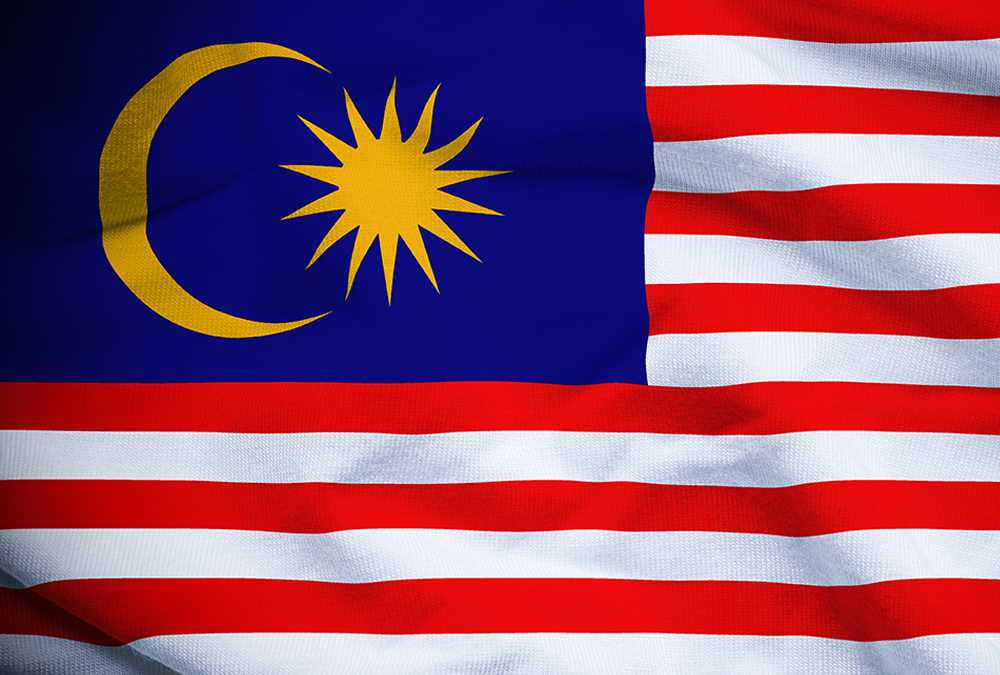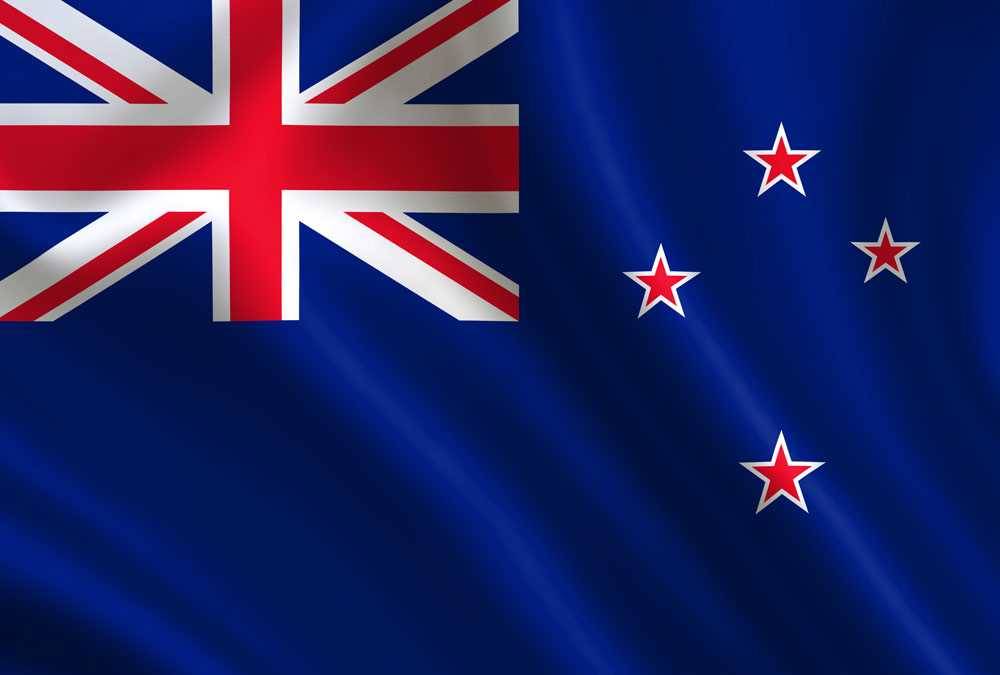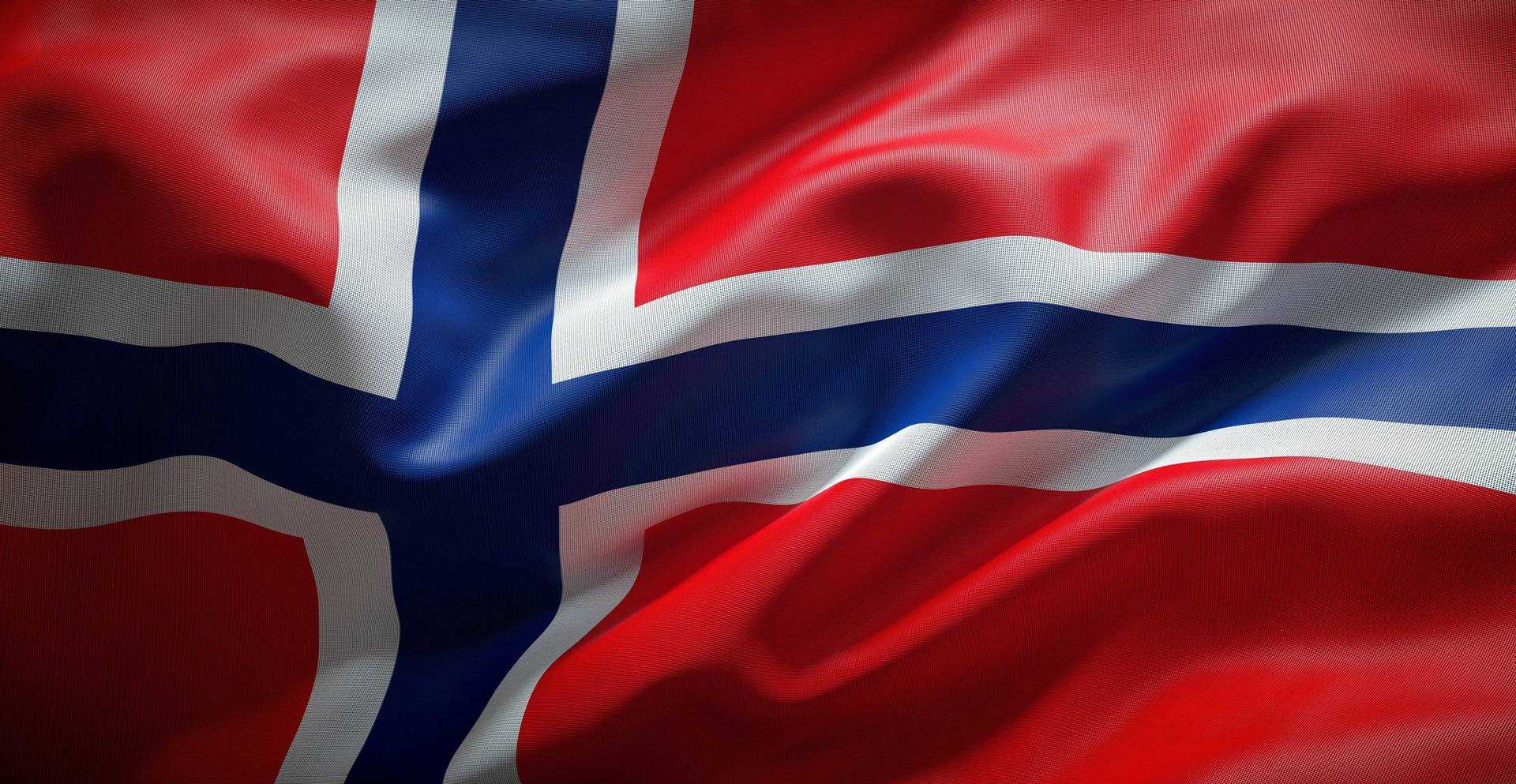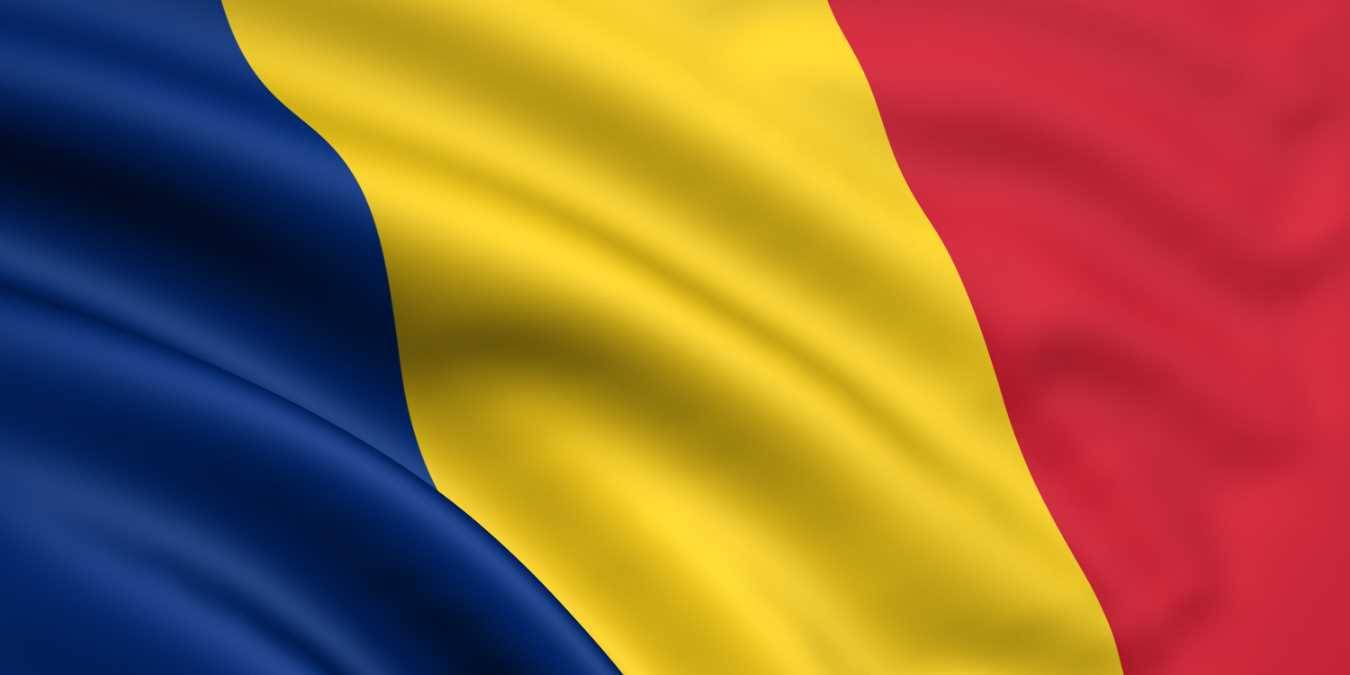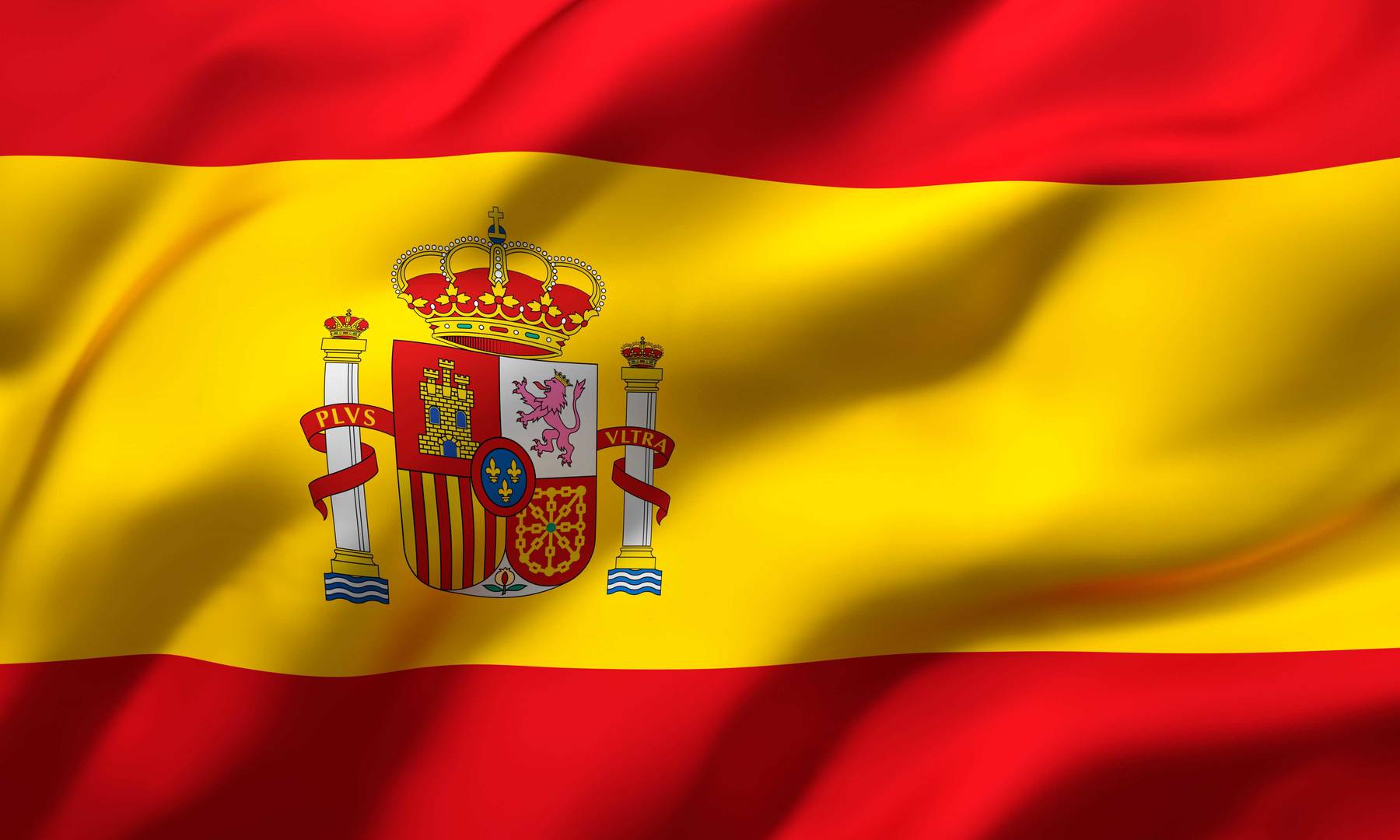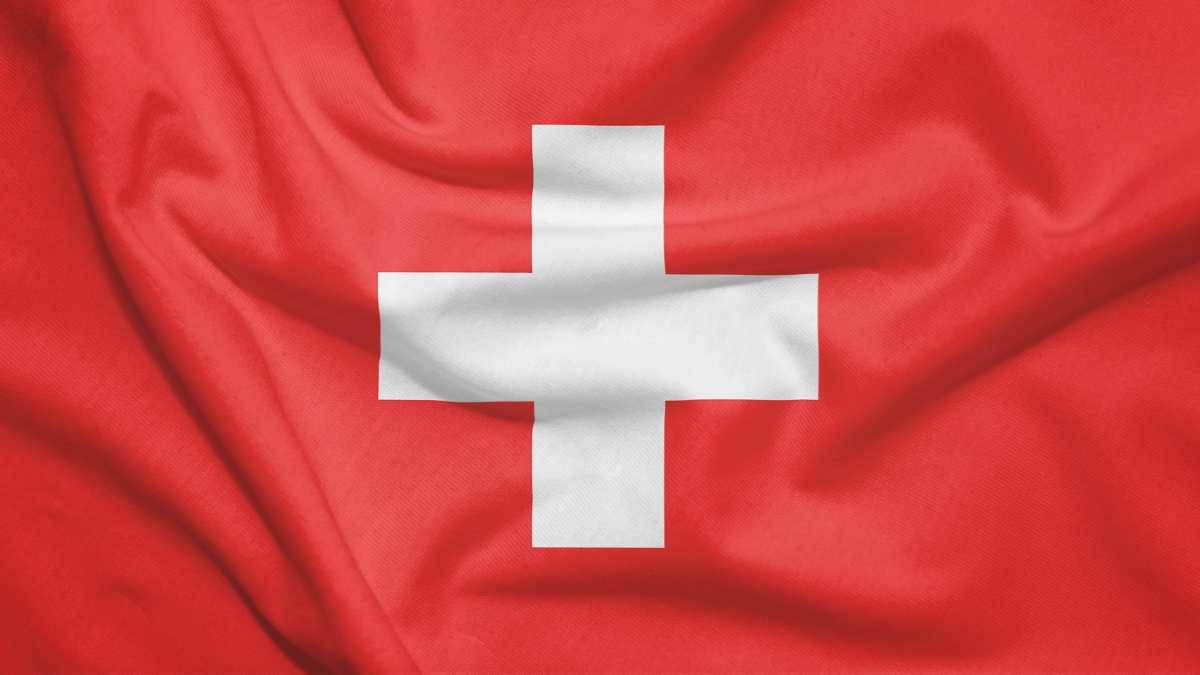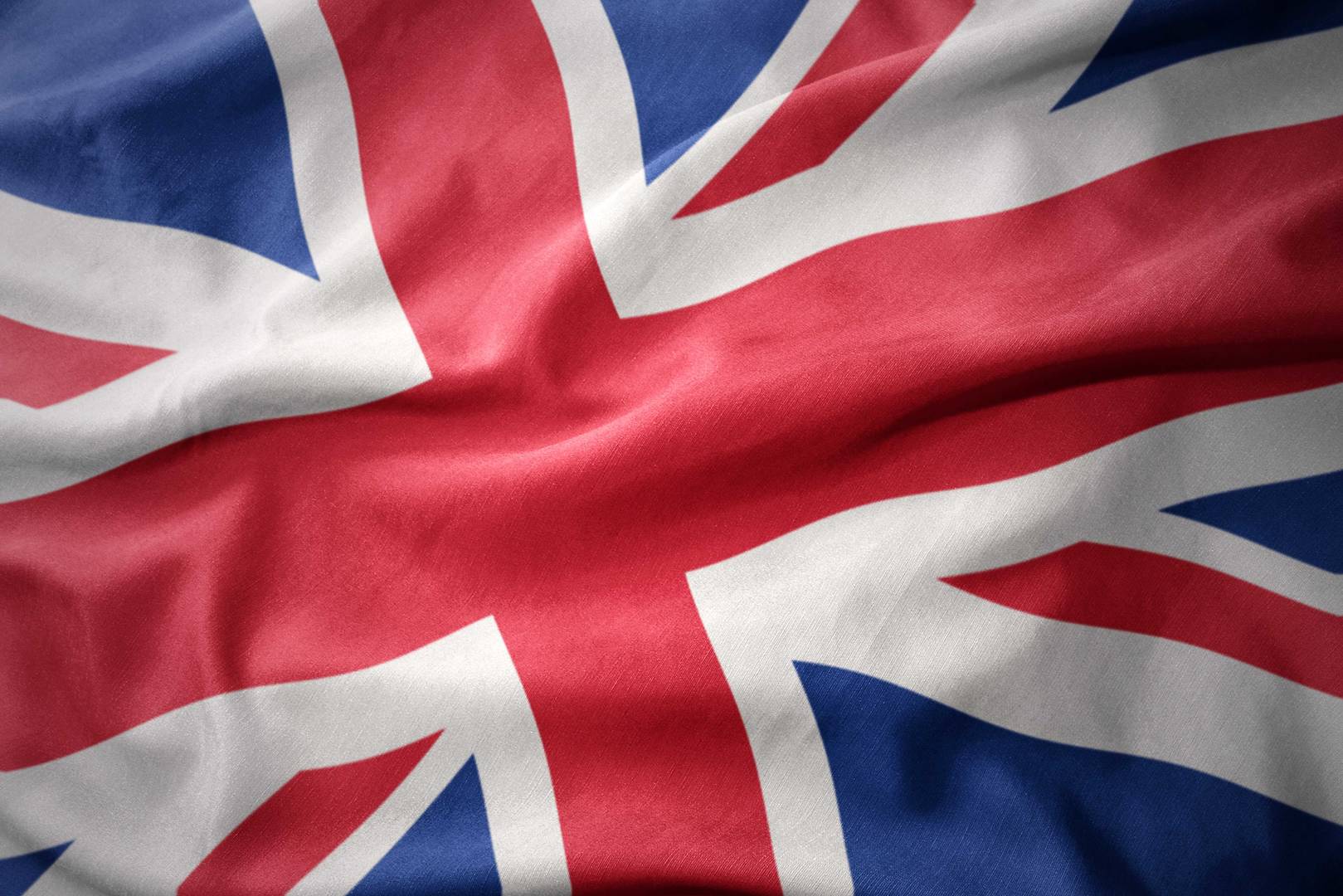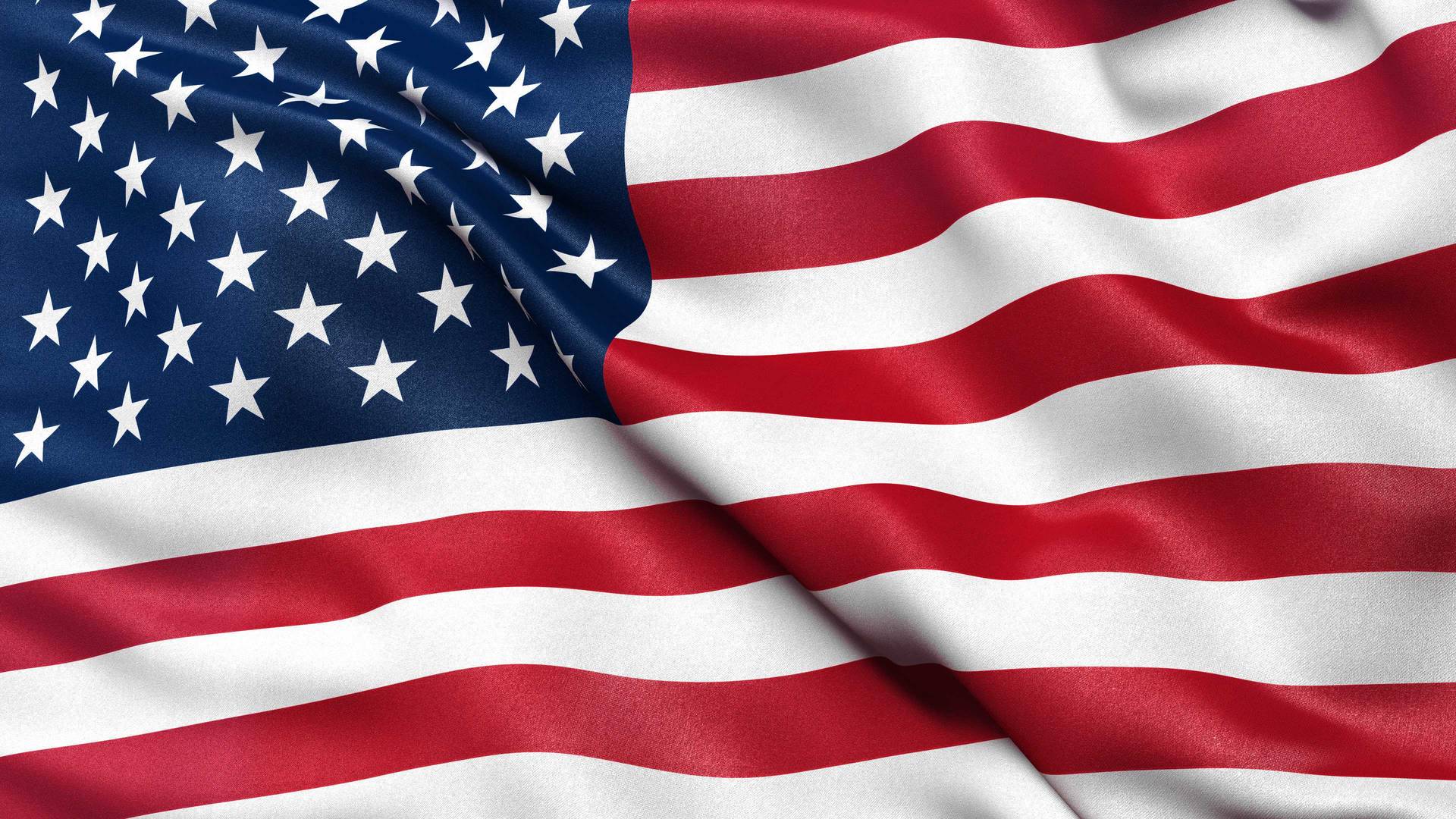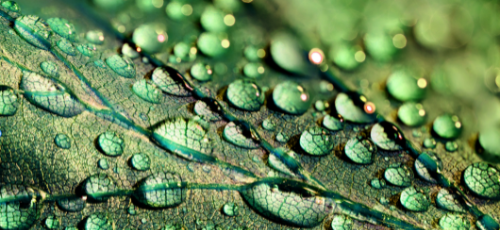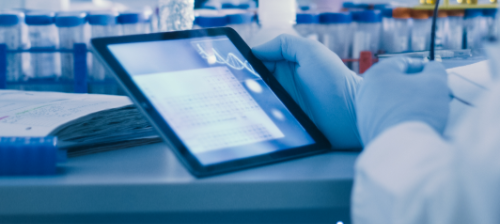ALS is recognising the Food and Agriculture Organisation of the United Nations’
World Food Day 2023 on 16 October by highlighting the company’s services and initiatives that align with this year’s World Food Day theme: “Water is Life, Water is Food – Leave No One Behind”.
As one of the world’s leading companies testing the safety and quality of food and water around the globe, ALS is acutely aware that water is the foundation of food production and critical to life on Earth. With the increasing scarcity of this precious resource, it has become essential that agricultural commodities are produced using less water, water is distributed equally, aquatic food systems are preserved, and nobody is left behind.
ALS’ 2023 Sustainability Report highlights the many ways that ALS is enacting its mission to help clients leverage the power of testing and data-driven insights for a safer and healthier world. For ALS, however, the commitment to sustainability doesn’t stop with the publication of its annual sustainability report. Sustainability is embedded in the company’s purpose and practices. It is not only an effort to mitigate the company’s environmental footprint – sustainability is at the heart of the way the company operates every day to realise its vision to be the global leader in the discipline of scientific analysis in pursuit of a better world for all.
Key examples of ALS’ ongoing efforts to improve water usage include an effort to conserve water in its laboratories in the Czech Republic and the company’s testing support for a client creating vertical farming projects in Singapore.
In 2022, ALS initiated an effort to reduce fresh water consumed in its laboratories across the Czech Republic.
‘We identified several opportunities that we believed could result in major water savings,’ said Zdeněk Jirák, General Manager Southeastern Europe for ALS in the Czech Republic.
‘The main one was the unnecessary waste of potable water, which is used for cooling during distillations, extractions and concentration of samples or when using water vacuums.’
In March 2022, ALS installed water circulation and cooling equipment in its main laboratories in Prague. Immediately within the first month after the installation, significant water savings were observed, with consumption decreasing by 350 m3 of water compared to the same month in 2021. Likewise, in the Pardubice laboratory, the third largest in the Czech Republic, an existing water circulation and cooling system was leveraged to begin treating water throughout all the location’s sample preparation facilities, which also contributed to considerable water savings. A similar system is planned for installation by the end of 2023 in ALS’ laboratories in Česká Lípa.
Another ALS water saving effort in the Czech Republic was the replacement of standard aerators on water taps with water-saving nozzles in its laboratories in Prague, Česká Lípa and Pardubice. Total water consumption for 2022 decreased by 3,300 m3 of drinking water – the amount of water that 25 families in the Czech Republic use in a year. ‘We have other projects in the pipeline’, Jirák said. ‘We hope to further reduce the consumption of drinking water in our laboratories, and we will continue this effort next year.’
In Singapore, ALS is supporting its clients’ reduction of water usage through vertical farming. With Singapore’s small size and large population, only about 1% of its land is used for agriculture, so most of its food is imported, making it vulnerable to disruptions in the food supply. This was underscored during the COVID-19 pandemic, which reinforced the urgency of the Singaporean government’s goal for the nation to produce 30% of its own food by 2030. To help achieve this goal, there is a significant push to explore alternatives to traditional farming, including the use of hydroponic vertical farming.
‘The only way for Singapore to increase agricultural production is going upwards,’ says Ee Ting Ooi, Quality Assurance Executive at Sustenir Group, a company using controlled environment agriculture to produce leafy green vegetables for the Singapore and Malaysia markets. Sustenir uses a form of hydroponics called nutrient film technique (NFT), in which a shallow stream of water containing all the dissolved nutrients required for plant growth is recirculated past the roots of plants in watertight channels. The plants grow in stacked racks to save space.
‘In traditional farming, a lot of water is lost through the soil, run off into nearby bodies of water, or evaporated into the atmosphere,” Ooi explains. ‘But with indoor farming, everything is enclosed, and water is recirculated in a closed loop. It is a more efficient method for delivering water to plants’ roots.’ Sustenir’s NFT farming utilizes a remarkable 95% less water than a traditional farm.
ALS provides Sustenir with a wide range of testing including food, microbial, and environmental. With water testing, for example, ALS helps Sustenir determine how often it should clean out its irrigation systems for maximum safety and efficiency, helping further save water.
"In ALS has been a very trusted and responsive partner for us,"Ooi says.
ALS is also supporting access to clean water through charitable donations to organisations devoted to making a difference for water and the communities that rely on it. For example, in early 2023, ALS committed to donating CAD $100,000 as well as $100,000 of water testing services to Water First Education and Training, Inc., a charity dedicated to addressing water challenges in Indigenous communities across Canada through education, training, and collaboration in water science projects. Water First supports student participants in developing technical skills to go on to employment or further education in water science fields.
‘Water First is a perfect match for us as a company because it does what we want to do: inspire people toward scientific careers such as working on projects that help ensure access to clean water,’ says Michelle Graf, ALS’ Health, Safety and Environment Projects Manager for ALS in North America.
These efforts in the Czech Republic, Singapore and Canada exemplify ALS’ passionate commitment to sustainability – from operations to services to community engagement. Celebrating World Food Day is just one way ALS is joining the global effort to ensure access to clean water for all and contributing to a more sustainable future.
For more information about ALS’ water conservation efforts in the Czech Republic, please contact Zdeněk Jirák at
zdenek.jirak@alsglobal.com
About ALS
ALS provides comprehensive testing solutions to clients in a wide range of industries around the world. Leveraging state-of-the-art technologies and innovative methodologies, our dedicated professionals deliver the highest quality testing services using local expertise and personalized solutions. The ALS mission is using the power of testing to solve complex challenges. With a passion for science, we serve clients with data-driven insights for a safer and healthier world.
